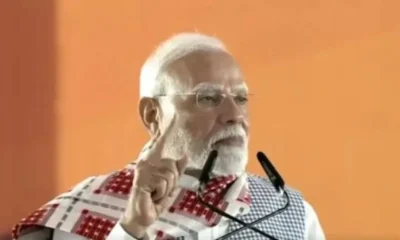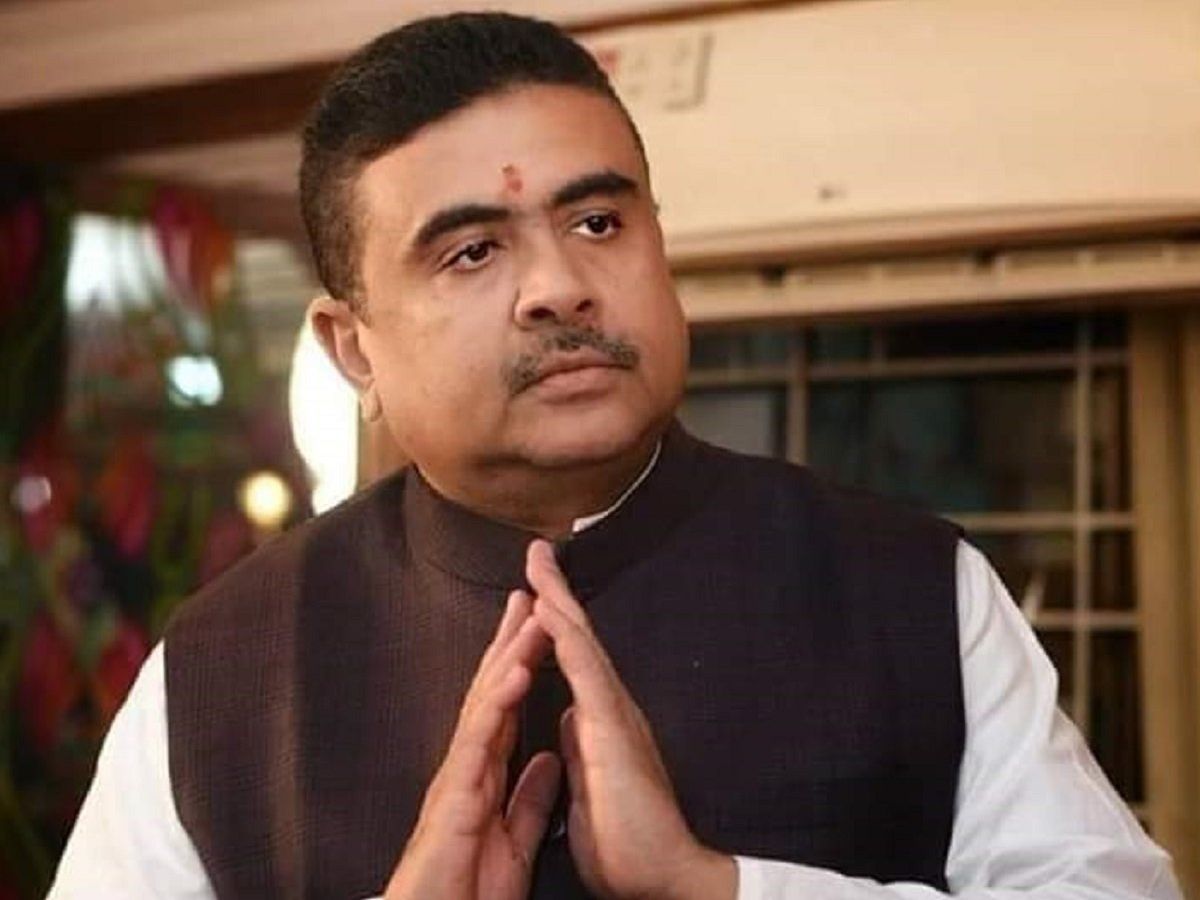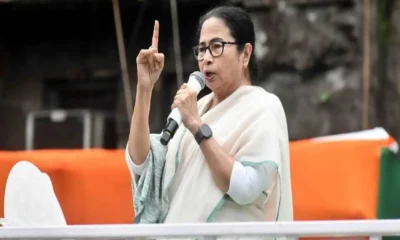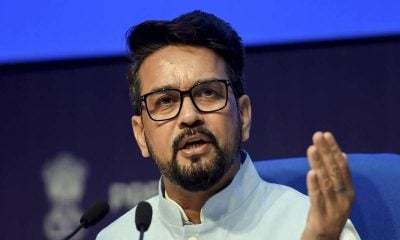Seventeen opposition parties have decided to approach the Election Commission to demand that 2019 Lok Sabha polls be conducted with ballot papers.
Contending that electronic voting machines (EVMs), even those with voter verifiable paper audit trial (VVPATs), would not be acceptable, the parties will first hold a joint meeting on Monday, then push a discussion on the issue in Parliament, followed by a fresh appeal to the Election Commission of India (EC) over the next week, said a report in The Hindustan Times (HT).
“This is a matter on which all Opposition parties agreed. We are planning to meet next week. We plan to go to the ECI and demand that it conduct the coming Lok Sabha election on ballot papers,” Trinamool Congress (TMC) leader Derek O’Brien, reported The Hindu.
The initiative on the matter was taken by TMC chief Mamata Banerjee on Wednesday, when she visited Parliament to meet all Opposition leaders to invite them for rally planned by her in Kolkata on January 19.
Banerjee appealed to all Opposition party leaders who visited her in the TMC office in Parliament, to send a joint delegation to the ECI to point out reports of EVM (electronic voting machine) tampering and to demand that the 2019 general election be held on ballots.
“All Opposition parties should go to ECI on this matter. There should be a joint delegation of opposition parties to EC,” she said.
Aam Admi Party leader Sanjay Singh has been asked to draft the points of contention with the help of TMC MP Subrata Bakshi. “These two leaders have in-depth knowledge of the problems of EVMs,” said an opposition leader. The AAP was among the first parties to cast doubts about EVMs after the Punjab Assembly elections of 2017.
The TMC had staged protests outside Parliament, questioning the neutrality of EVMs and demanded that ballot papers be brought back for the 2019 Lok Sabha election. The ruling party in West Bengal said it was a “common programme” that would unite all Opposition parties.
Interestingly, Banerjee had also urged Shiv Sena, a BJP ally, to be a part of the delegation. Sena chief Uddhav Thackeray had demanded that the 2019 Lok Sabha election be conducted on ballot papers instead of EVMs.
Last month, the Congress had demanded restoration of the old system of conducting elections through ballot papers to replace the electronic voting machines. Leader of Opposition in Rajya Sabha Ghulam Nabi Azad said opposition parties were in agreement that EVMs should be removed and the older system should be brought back so that all parties have “faith in the election system”.
“The Congress passed a resolution in the plenary session in which it expressed preference for ballot papers because of the concerns about the EVMs. It is imperative to ensure full faith in the electoral process,” said the party’s spokesperson Rajeev Gowda.
In the political resolution adopted at its 84th plenary session this March, the Congress urged EC to revert to ballot papers instead of EVMs, which have come under scrutiny following allegations of tampering. “There are apprehensions among the political parties and people over the misuse of EVMs to manipulate the outcome contrary to the popular verdict. To ensure the credibility of the electoral process, EC should revert to the old practice of paper ballot, as most major democracies have done,” it said.
A senior Congress leader, who asked not to be named, said a “broad understanding has already been reached between different opposition parties on what exactly the united group will demand from the government and EC”. The demand will specifically focus on reverting to the ballot, and relaying to EC that VVPAT is not a sufficient guarantor for transparency.
ECI has maintained that EVMs are tamper proof, and that VVPATs provide an additional layer to guarantee that voting is accurately captured. It has also repeatedly urged parties to refrain from expressing doubts about their efficacy.
In July 2017, during an all-party meeting, the election commission said that all future elections would be conducted with EVMs coupled with VVPATs.
Chief election commissioner OP Rawat has made public statements ruling out reverting to ballot papers in elections, asserting that the new EVMs have been designed with more stringent checks to rule out tampering or manipulation.
Experts suggested that EC should work towards increasing voter confidence in EVMs. “ EC needs to be more proactive in increasing voter confidence. There is no problem with the machines, but there may be some concerns over the process, so EC must address those,” said Jagdeep Chhokar of the election watchdog Association for Democratic Reform. “There were some concerns about the functioning of the VVPats in the recent by polls; so EC should improve on the technology,” he added.


 Cricket news21 hours ago
Cricket news21 hours ago
 India News21 hours ago
India News21 hours ago
 India News21 hours ago
India News21 hours ago
 Latest world news21 hours ago
Latest world news21 hours ago
 Latest world news18 hours ago
Latest world news18 hours ago
 LATEST SPORTS NEWS15 hours ago
LATEST SPORTS NEWS15 hours ago











